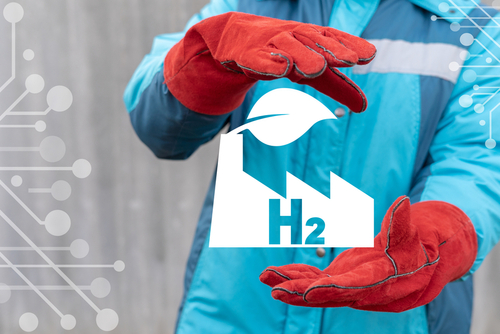
Pennsylvania state Reps. Eric Nelson (R-Westmoreland) and Martin Causer (R-Cameron/McKean/Potter) heard testimony from industry and trade professionals during a hearing on hydrogen-based manufacturing.
The House Majority Policy Committee hearing covered new energy technologies and how they can lead to economic opportunity and job growth in southwestern Pennsylvania, Causer, the committee chairman, said.
“Energy has been a cornerstone of our state’s economy for well over a century,” Causer said. “It is always exciting to learn about new opportunities to further grow the industry and the jobs it creates here in the Commonwealth.”
Hearing testimony shared that using natural gas to create hydrogen, which can be used in energy-intense manufacturing operations, creates a low carbon process for manufacturing steel and plastic. Hydrogen burns hotter than other sources while burning cleaner, witnesses said, and will reduce the state’s carbon emissions.
“Pennsylvania is an energy powerhouse. We are America’s largest net exporter of electricity and second largest producer of natural gas,” Nelson said. “This is our time to once again lead the nation in hydrogen development and secure the thousands of construction and manufacturing jobs coming with this new technology.”
The state’s supply of natural gas, as well as its industrial base and skilled workforce, make it the optimal location to become a hub of hydrogen-based manufacturing, Chris Masciantonio, United States Steel Corporation’s director of government affairs, said.
Additionally, witnesses discussed hydrogen-produced plastic, citing Shell’s Pennsylvania Petrochemicals Complex nearing completion in Beaver County. Officials said the new plant will produce ethane “crackers” for use in the production of plastics for items such as food packaging and automotive parts. The plant can use hydrogen as a heat source.
“Using hydrogen in steel and plastic production will not only expand jobs but also pave the way for downstream industries because those raw products will be ready for additional manufacturing,” said Nelson. “This kind of growth will translate to a surge in family-sustaining jobs, and these are industries that will help our economy grow.”